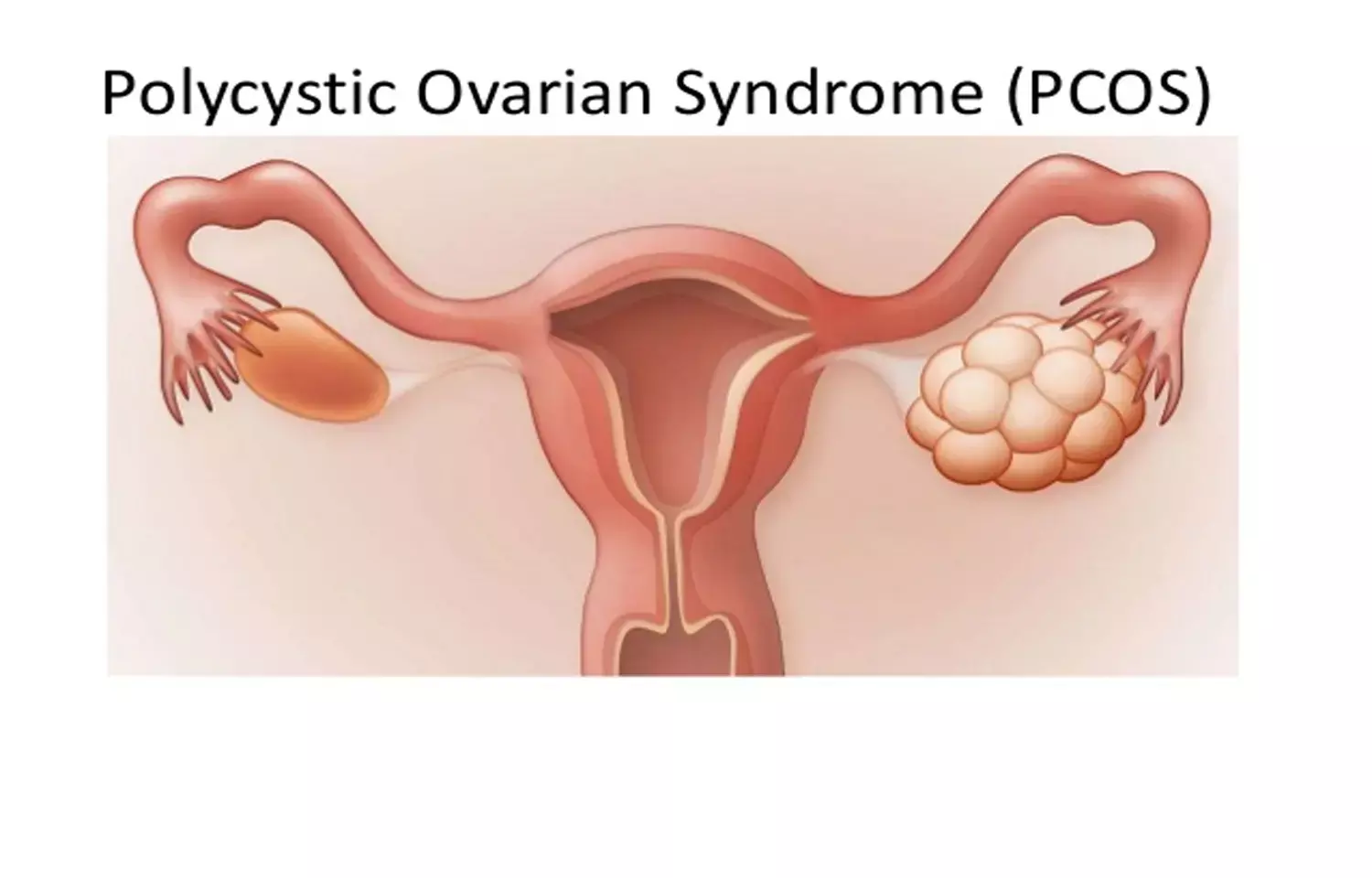- Home
- Medical news & Guidelines
- Anesthesiology
- Cardiology and CTVS
- Critical Care
- Dentistry
- Dermatology
- Diabetes and Endocrinology
- ENT
- Gastroenterology
- Medicine
- Nephrology
- Neurology
- Obstretics-Gynaecology
- Oncology
- Ophthalmology
- Orthopaedics
- Pediatrics-Neonatology
- Psychiatry
- Pulmonology
- Radiology
- Surgery
- Urology
- Laboratory Medicine
- Diet
- Nursing
- Paramedical
- Physiotherapy
- Health news
- Fact Check
- Bone Health Fact Check
- Brain Health Fact Check
- Cancer Related Fact Check
- Child Care Fact Check
- Dental and oral health fact check
- Diabetes and metabolic health fact check
- Diet and Nutrition Fact Check
- Eye and ENT Care Fact Check
- Fitness fact check
- Gut health fact check
- Heart health fact check
- Kidney health fact check
- Medical education fact check
- Men's health fact check
- Respiratory fact check
- Skin and hair care fact check
- Vaccine and Immunization fact check
- Women's health fact check
- AYUSH
- State News
- Andaman and Nicobar Islands
- Andhra Pradesh
- Arunachal Pradesh
- Assam
- Bihar
- Chandigarh
- Chattisgarh
- Dadra and Nagar Haveli
- Daman and Diu
- Delhi
- Goa
- Gujarat
- Haryana
- Himachal Pradesh
- Jammu & Kashmir
- Jharkhand
- Karnataka
- Kerala
- Ladakh
- Lakshadweep
- Madhya Pradesh
- Maharashtra
- Manipur
- Meghalaya
- Mizoram
- Nagaland
- Odisha
- Puducherry
- Punjab
- Rajasthan
- Sikkim
- Tamil Nadu
- Telangana
- Tripura
- Uttar Pradesh
- Uttrakhand
- West Bengal
- Medical Education
- Industry
PCOS tied to knee osteoarthritis impairing daily living activities: Study

According to recent research, it has been observed that women with polycystic ovary syndrome (PCOS) may experience knee-related symptoms and impaired activities of daily living (ADL), as published in the Journal of Clinical Rheumatology.
Plamena Kabakchieva and colleagues from the Clinic of Endocrinology, University Hospital "Alexandrovska", Department of Internal Medicine, Medical Faculty, Medical University of Sofia, Bulgaria carried out the study with the objective to analyze the link between hyperandrogenism and early clinical manifestations of osteoarthritis (OA), knee cartilage thickness, and serum cartilage oligomeric matrix protein (sCOMP) levels in patients with polycystic ovary syndrome (PCOS) and to compare them with healthy volunteers.
The researchers included a total of fifty-four PCOS patients, all of whom met the Rotterdam criteria with phenotypes A, B, and C. They were compared with 26 age- and body mass index (BMI)-matched controls. Detailed anthropometric measurements and clinical evaluation for hyperandrogenism were performed for all participants who also filled in the Knee Injury and Osteoarthritis Outcome Score (KOOS) questionnaire.
Furthermore, laboratory tests including sCOMP and hormone quantification were performed in a fasting stage. Finally, an ultrasound assessment was carried out in randomly selected 56 study participants.
The study highlighted the following interesting findings-
- PCOS women reported more prominent knee-related symptoms (p = 0.035) and more impaired activities of daily living (ADL) (p = 0.001) than controls.
- Cartilage thickness of the left and right medial condyle and left lateral condyle was significantly greater in PCOS group (n = 41) than in control group (n = 15) (p = 0.05, p = 0.006, and p = 0.036, respectively).
- COMP correlated significantly and negatively with testosterone levels (p = 0.029, r = - 0.297) in women with PCOS and the correlation remained significant after controlling for BMI.
Therefore, the authors derived the following conclusions-
- Women with PCOS may experience knee-related symptoms and impaired ADL.
- They had greater knee femoral cartilage thickness.
- Although sCOMP levels did not significantly differ between the groups, lower levels of sCOMP may be inherent to PCOS patients with higher testosterone levels.
They further inferred that although PCOS patients may experience more prominent knee related symptoms, their femoral cartilage of the knee joint is found thicker than controls. PCOS patients did not have significantly elevated levels of sCOMP and lower sCOMP levels were related to higher testosterone levels.
Dr. Nandita Mohan is a practicing pediatric dentist with more than 5 years of clinical work experience. Along with this, she is equally interested in keeping herself up to date about the latest developments in the field of medicine and dentistry which is the driving force for her to be in association with Medical Dialogues. She also has her name attached with many publications; both national and international. She has pursued her BDS from Rajiv Gandhi University of Health Sciences, Bangalore and later went to enter her dream specialty (MDS) in the Department of Pedodontics and Preventive Dentistry from Pt. B.D. Sharma University of Health Sciences. Through all the years of experience, her core interest in learning something new has never stopped. She can be contacted at editorial@medicaldialogues.in. Contact no. 011-43720751
Dr Kamal Kant Kohli-MBBS, DTCD- a chest specialist with more than 30 years of practice and a flair for writing clinical articles, Dr Kamal Kant Kohli joined Medical Dialogues as a Chief Editor of Medical News. Besides writing articles, as an editor, he proofreads and verifies all the medical content published on Medical Dialogues including those coming from journals, studies,medical conferences,guidelines etc. Email: drkohli@medicaldialogues.in. Contact no. 011-43720751


